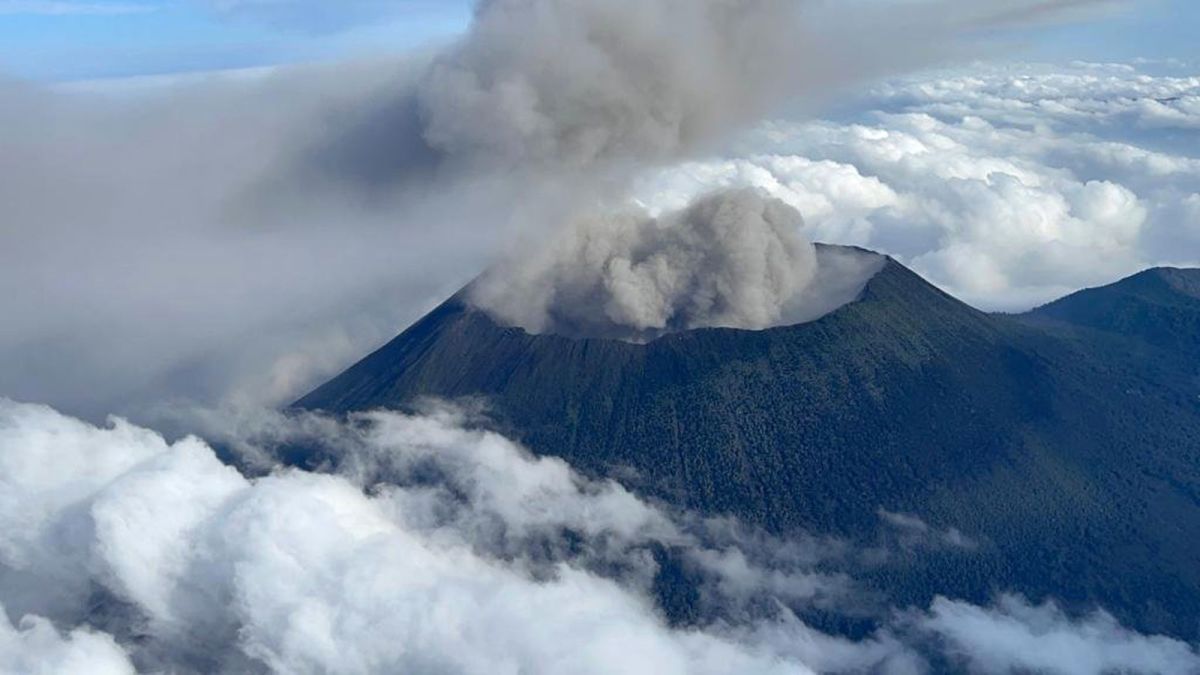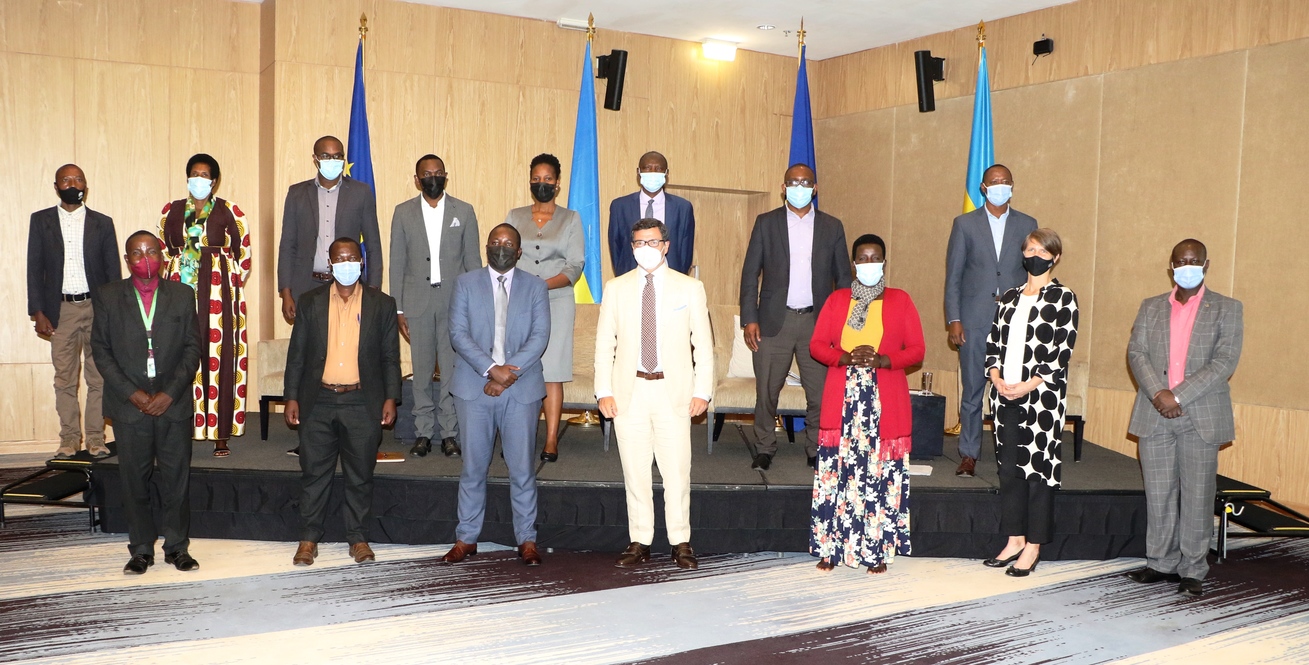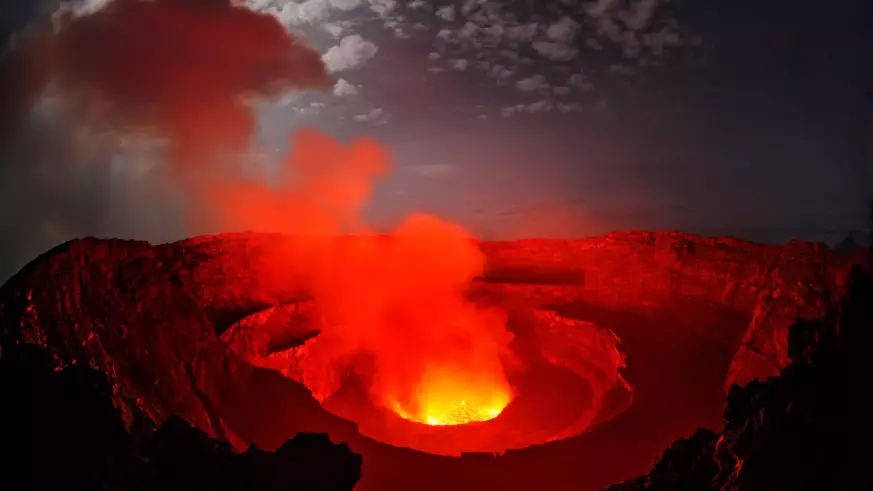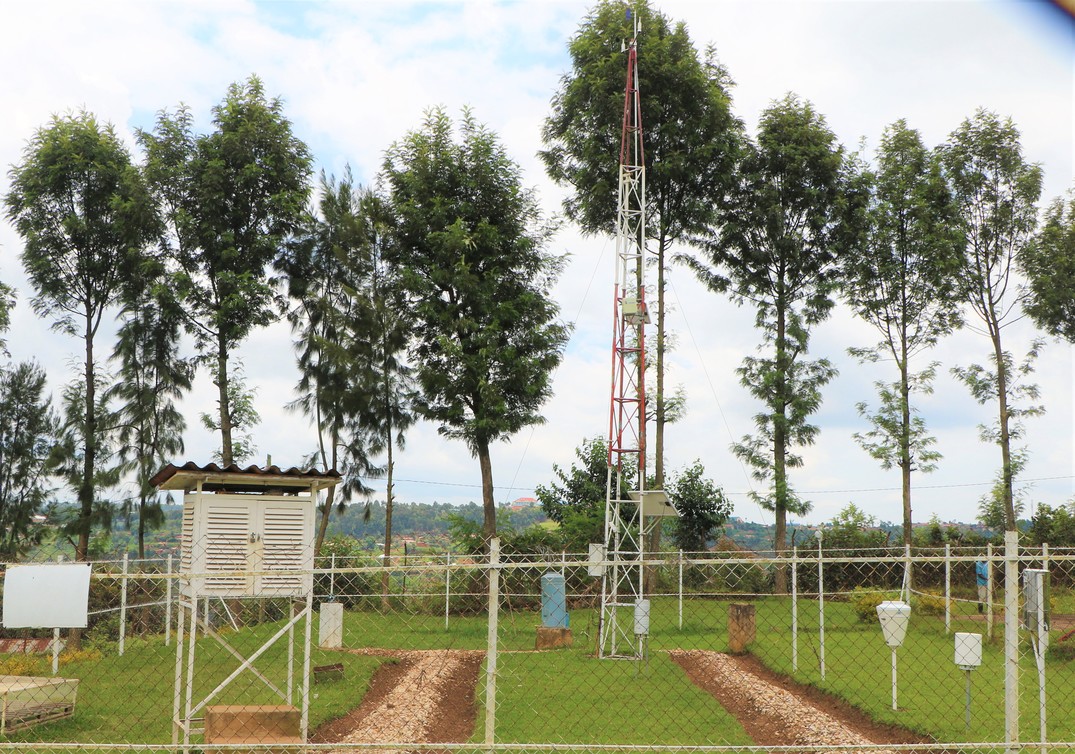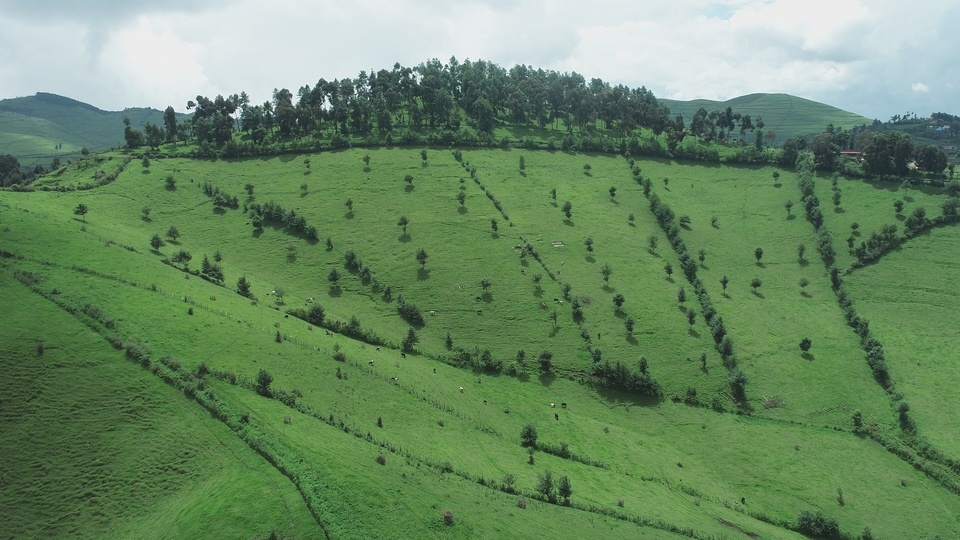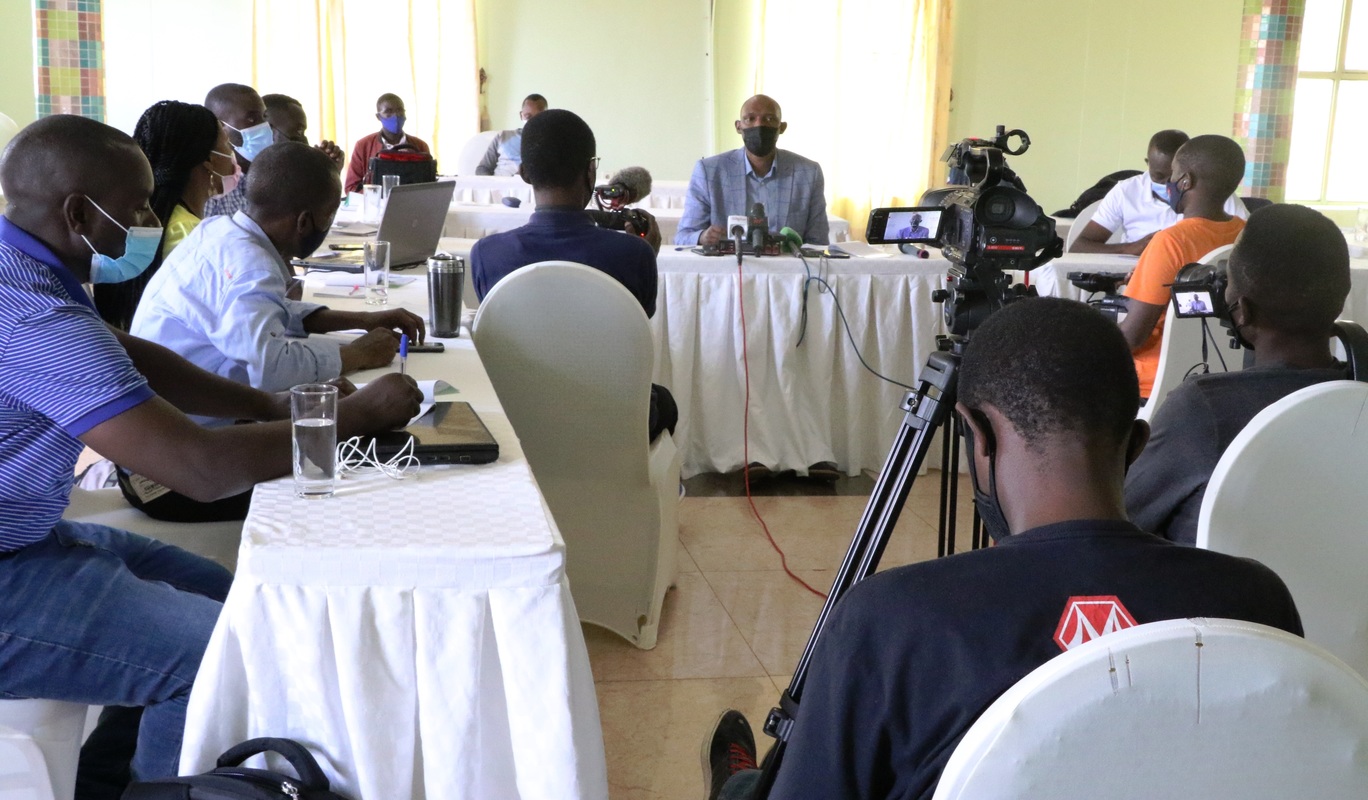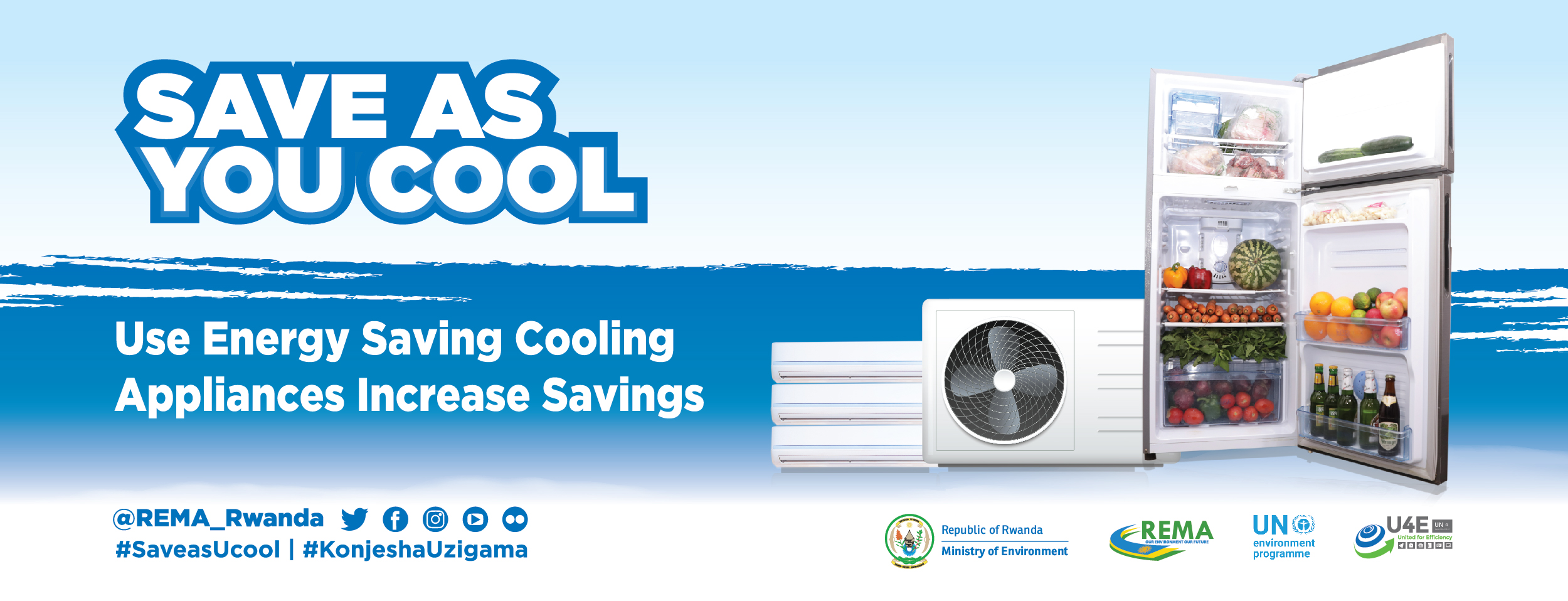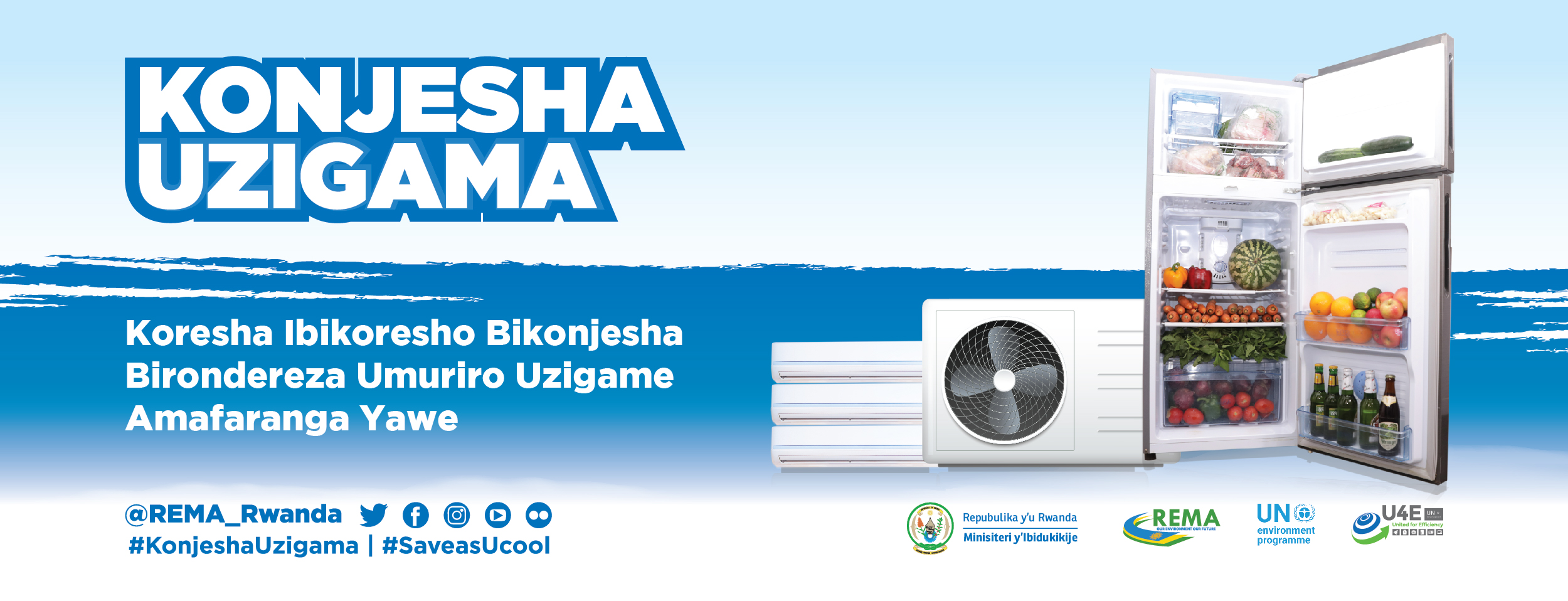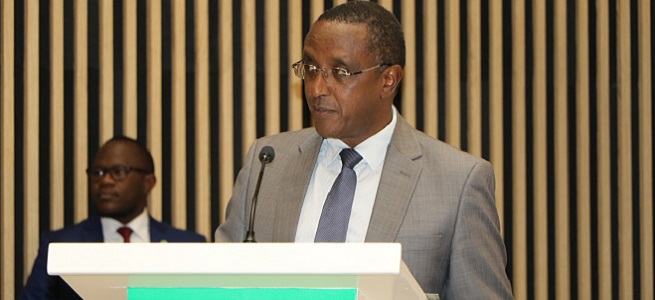
Remarks by Minister of Environment at Launch of National Environment Week
Fellow Ministers,
One UN Resident Coordinator,
Private Sector Federation Chairperson,
Distinguished guests,
Ladies and gentlemen
Mwaramutse!
It is a pleasure to be with you this morning as we officially launch this year’s National Environment Week. I wish to thank you all for joining us, and I look forward to a lively conversation about how we can join hands to beat plastic pollution.
Today’s conference on addressing the challenge of plastic waste is timely.
Around the world, almost 450 million tons of plastic is produced every year. It’s especially troubling that 40 percent of plastic produced is packaging, used just once and then discarded. The scale of the problem can perhaps best be seen in the number of plastic bottles we use: globally, nearly a million plastic beverage bottles are sold every minute.
Of this plastic waste, an estimated 13 million tons enter the world’s oceans each year. By 2050, it is estimated that there will be more plastic than fish in the oceans. Most plastics are made from fossil fuels like crude oil, which contributes to climate change and estimates for the time it takes plastics to break down range from 450 years to never. It’s clear that plastic waste has become an environmental catastrophe we can no longer ignore.
Since Rwanda introduced the law to prohibit the manufacture, importation, use and sale of polythene bags a decade ago, we have seen remarkable progress and we are pleased that other countries, especially our neighbours the region, are following suit.
Today, the challenge we face is no longer plastic bags alone, but all plastics, especially those used once and thrown away. These disposable plastics are known as ‘single use’ plastics.
Single use plastics are damaging our rivers, wetlands, and farmlands. They also pose a risk to our health. Like all rubbish, plastic waste blocks drains and waterways. This increases the chances of flooding and provides the breeding grounds for mosquitoes, raising the risk of malaria and other water borne diseases.
This year, the Ministry of Environment and partners have been working on new ways to improve plastic recycling and reduce plastic waste. We are in the process of revising the plastics law to reduce single use plastics and improve the efficiency and effectiveness of plastic recycling in the country.
As a first step, the Ministry of Environment and its agencies have committed to no longer using disposable plastics. We have installed water dispensers and have replaced bottles with glasses and cups in our offices and meetings. I wish to thank government institutions which have joined this campaign and taken the “Beat Plastic Pollution” pledge and I hope other institutions will join.
I encourage everyone to invest in sustainable alternatives to plastics that are better for our health and the environment. Some of the biggest sources of plastic waste include bottles, straws, cups, plates and cutlery - the kind you often see at meetings and traditional gatherings like weddings. It’s time to make the switch and say no to single use plastic. For example, when you are at a restaurant, tell the staff that you don’t want a straw in your glass of juice or disposable cutlery. If you like takeaway coffee, bring your own mug.
In summary, if you can’t reuse it, just refuse it!
Today, we are hosting one of the first meetings at this venue without plastic bottles. Not only is it possible to stop using disposable plastic, but such simple changes in our behaviour can have a big impact. Ending plastic waste will protect our health and environment, save money and reduce the burden on the country’s waste management system.
Over the next week, a number of activities are being held as part of National Environment Week and World Environment Day. I hope you will join us for the Beat Plastic Pollution walk during Car Free Day this Sunday, and the many other events taking place during the week.
I wish to conclude by encouraging the private sector to take advantage of the opportunity to develop solutions that beat plastic pollution. Just as local and regional companies answered the call when we banned plastic bags, I have no doubt that our private sector is up to the challenge and can profit greatly.
The Ministry of Environment and agencies are ready to support government institutions, the private sector and civil society to make the most of the transition away from disposable plastics. And I am happy that today we are not going to leave any plastic behind.
I thank you for joining us today and for your kind attention.
Topics
More posts
Nta ngaruka iruka rya Nyiragongo ryagize ku kiyaga cya Kivu – Ubushakashatsi bwa REMA
Ishami rishinzwe kugenzura ikiyaga cya Kivu ryo mu kigo cy’Igihugu cyo Kubungabunga Ibidukikije (REMA) ryatangaje ko nta mpungenge zihari z’uko gaz yo…
“We Are Part of the Solution for Nature”_ Slogan of This Year International Day for Biological Diversity
On 31 May 2021, Rwanda marked the International Day for Biological Diversity. The celebration event was hosted by the Delegation of the European Union…
No imminent risk of Gas outburst is expected on Lake Kivu following Nyiragongo Eruption – REMA findings
The Lake Kivu monitoring team from Rwanda Environment Management Authority (REMA) based in Rubavu District, has come up with a conclusion that there…
Air Quality Monitoring: Rwanda On The Right Track
Since 2017, the Ministry of Education (MINEDUC) and Rwanda Environment Management Authority (REMA) have been implementing the Air Quality and Climate…
How Silvopastoralism approach is contributing to sustainable and efficient livestock production around Gishwati-Mukura National Park
A couple of decades ago, it was not that easy to find a single tree in the rangelands around Gishwati-Mukura National Park.
This was not only a…
Bakeries step to eliminate plastic bags and single-use plastics
In line with the awareness on the harmful effects of plastic bags and single-use plastics, Rwanda Environment Management Authority held a two-day…
REMA trains Media practitioners to increase their engagement in environment protection
Rwanda Environment Management Authority (REMA) has trained different Media practitioners on different laws and policy on environment and climate…
REMA and UNEP’s U4E Launch Efficient Cooling Awareness Campaign
The Rwanda Environment Management Authority (REMA) in partnership with the United Nations Environment Programme’s United for Efficiency launches today…
REMA yatangije ubukangurambaga bw'ibikoresho bikonjesha bitangiza ikirere
Ikigo cy’Igihugu cyo Kubungabunga Ibidukikije (REMA), ku bufatanye n’Ishami ry’Umuryango w’Abibumbye Rishinzwe Kurengera Ibidukikije (UNEP) binyuze…
